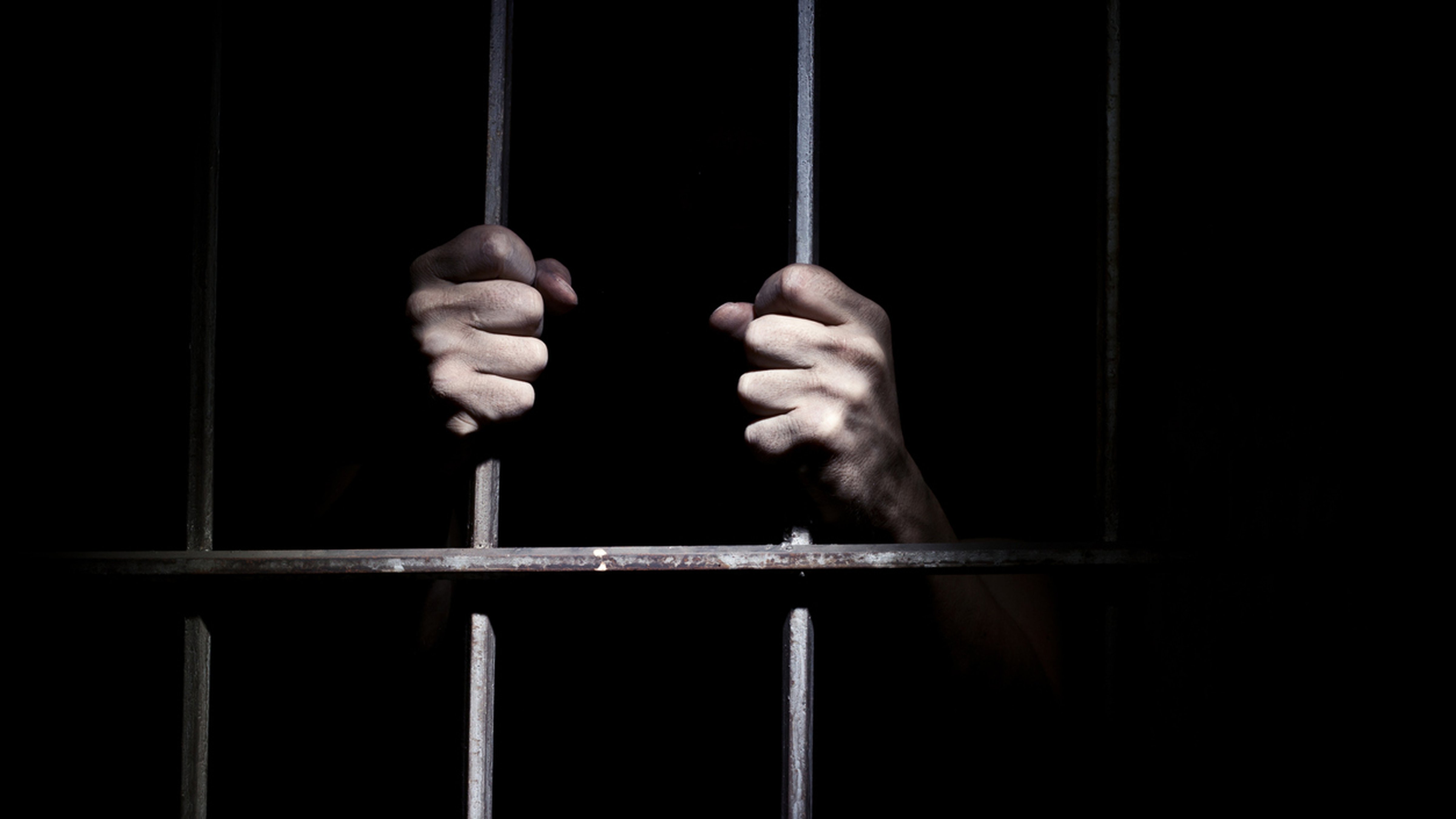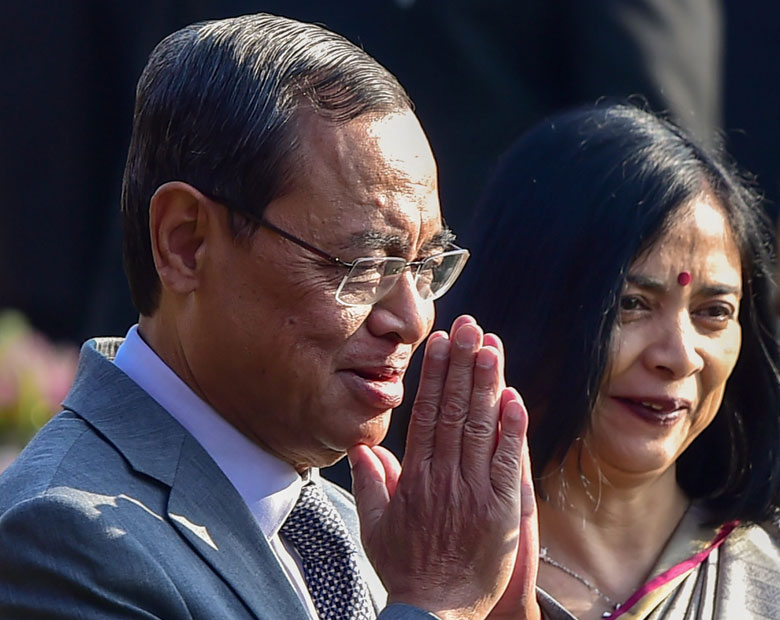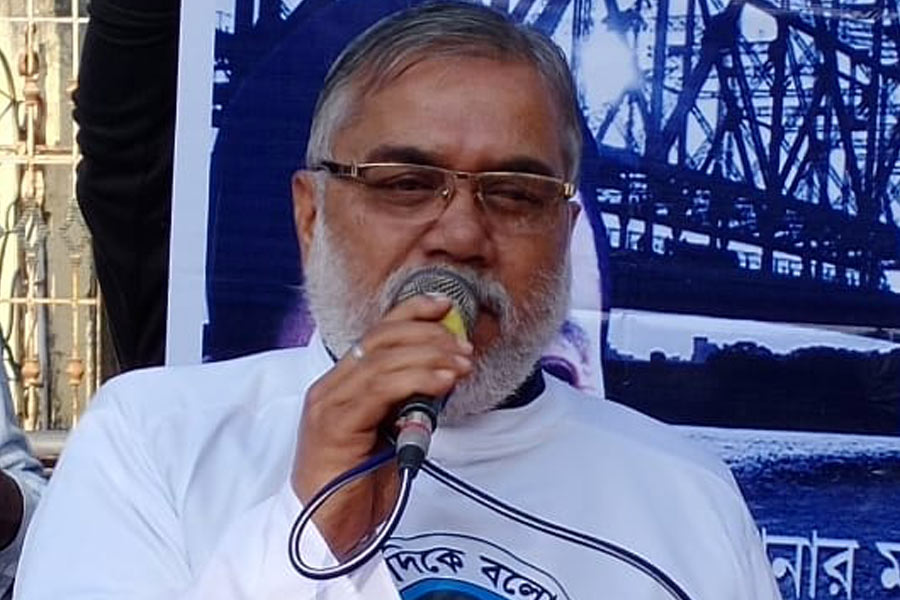No one would disagree that delay in the delivery of justice is a grave problem in the Indian justice system. Two recent court rulings show how delay can damage lives, families and communities. On February 27, a special court in Nasik, Maharashtra, ruled that 11 men from the minority community, who had been arrested in 1994 in Bhusawal for sedition and planning terrorist acts, were innocent. The police had invoked the Terrorist and Disruptive Activities (Prevention) Act against them, but a court decided in 1994 that the law had been improperly applied and they were freed on bail. For 25 years, a major part of their adult lives, the men — a doctor, three engineers, a municipal councillor and a doctorate degree holder — were known as terrorists. They asked repeatedly for the trial to be held. The police’s chargesheet was made in 1999, and the trial was ultimately begun in 2018. The scale of the indifference towards the reputation or even livelihood of people turned into outcasts by a police label is truly staggering. The trial seemed elusive — either without reason or truly ignoble reasons. If those out of the shadow now are able to rebuild their reputation and good faith, that is entirely owing to their courage, resilience and positive outlook. Can the system afford 25 years of delay if it suspects people of planning terrorist acts?
Early in March, the Supreme Court freed three men from death row and three from life imprisonment after 16 years as being innocent in a case of multiple murder and rape in 2003. Not only did the police and prosecution proceed on what is now being considered not adequate evidence for such serious charges, but the courts, too, had not paid heed to appeals earlier. The real murderers and rapists are obviously roaming free. They cannot be caught now: this is a real case of justice delayed being justice denied. But the phenomenon of innocent people spending years in prison is not uncommon. The Death Penalty India Report says that, of the 1,486 death sentences pronounced between 2000 and 2015, only 73 were upheld after appeal, and 443 convicts were found to be innocent. The six men freed recently have been granted Rs 5 lakh as compensation by the Supreme Court. In principle, this is welcome. But can anything compensate for the loss of status and identity, for confinement and humiliation, for damaged relationships and lost hopes of advancement?













